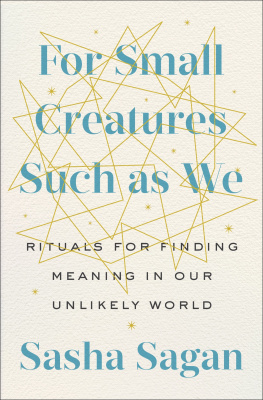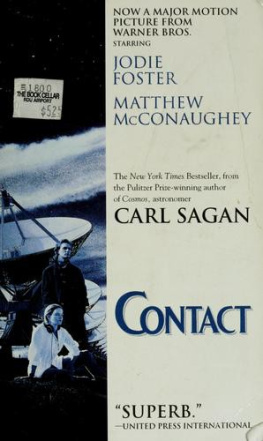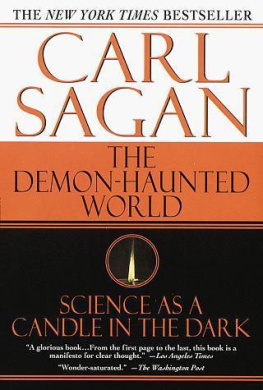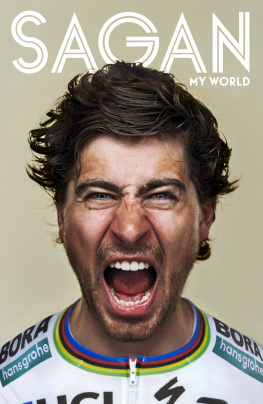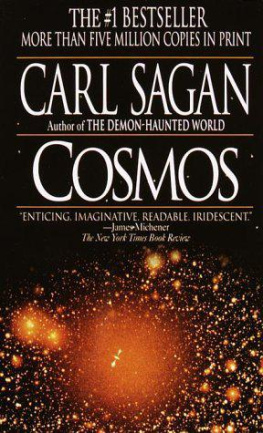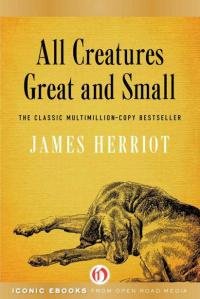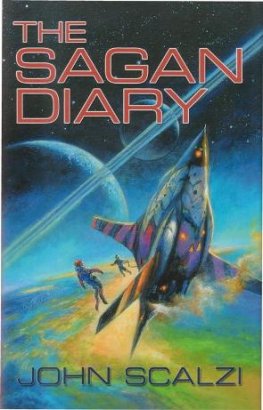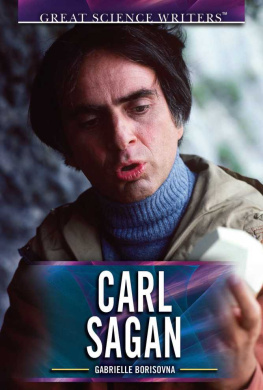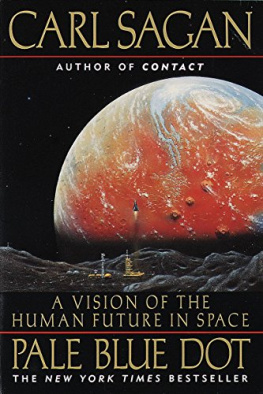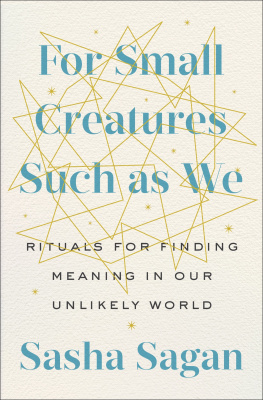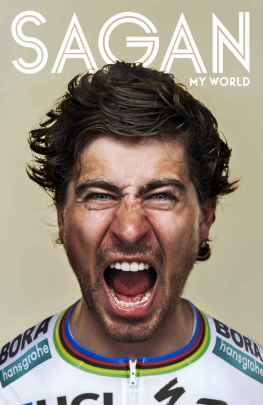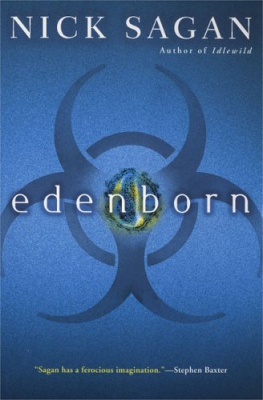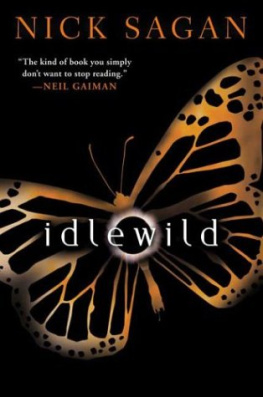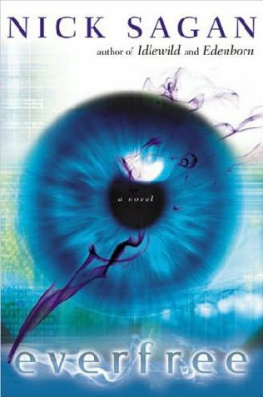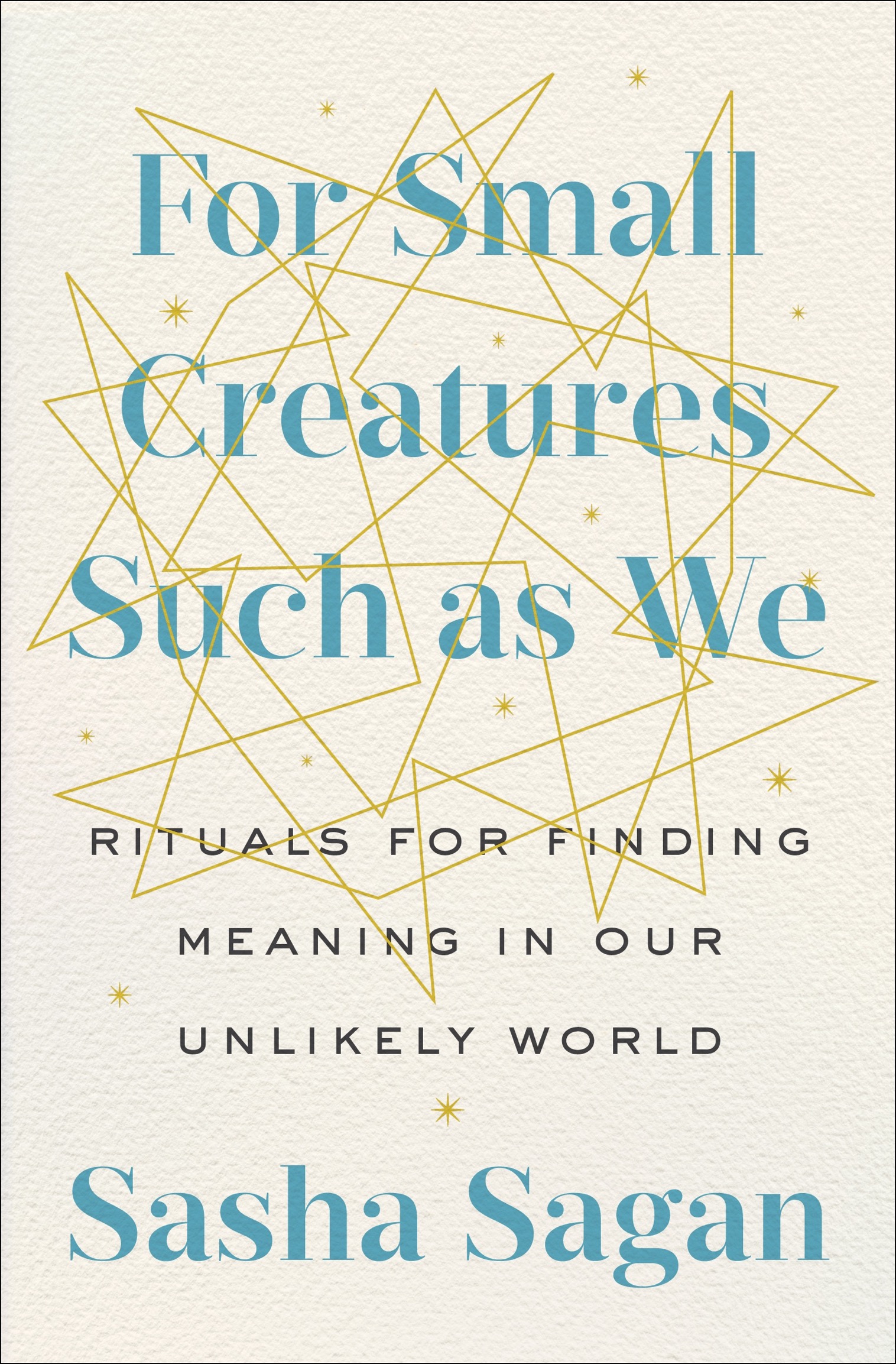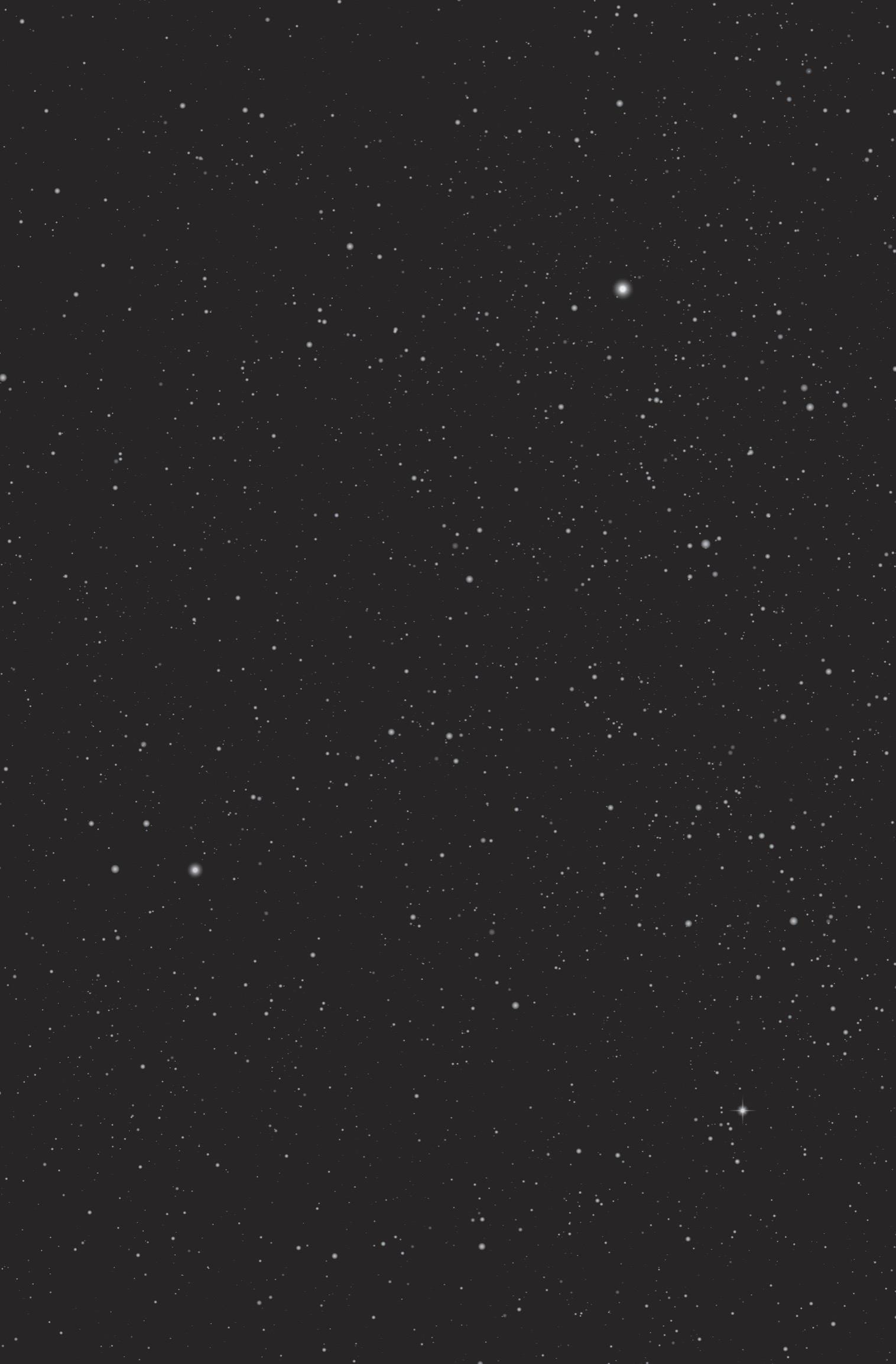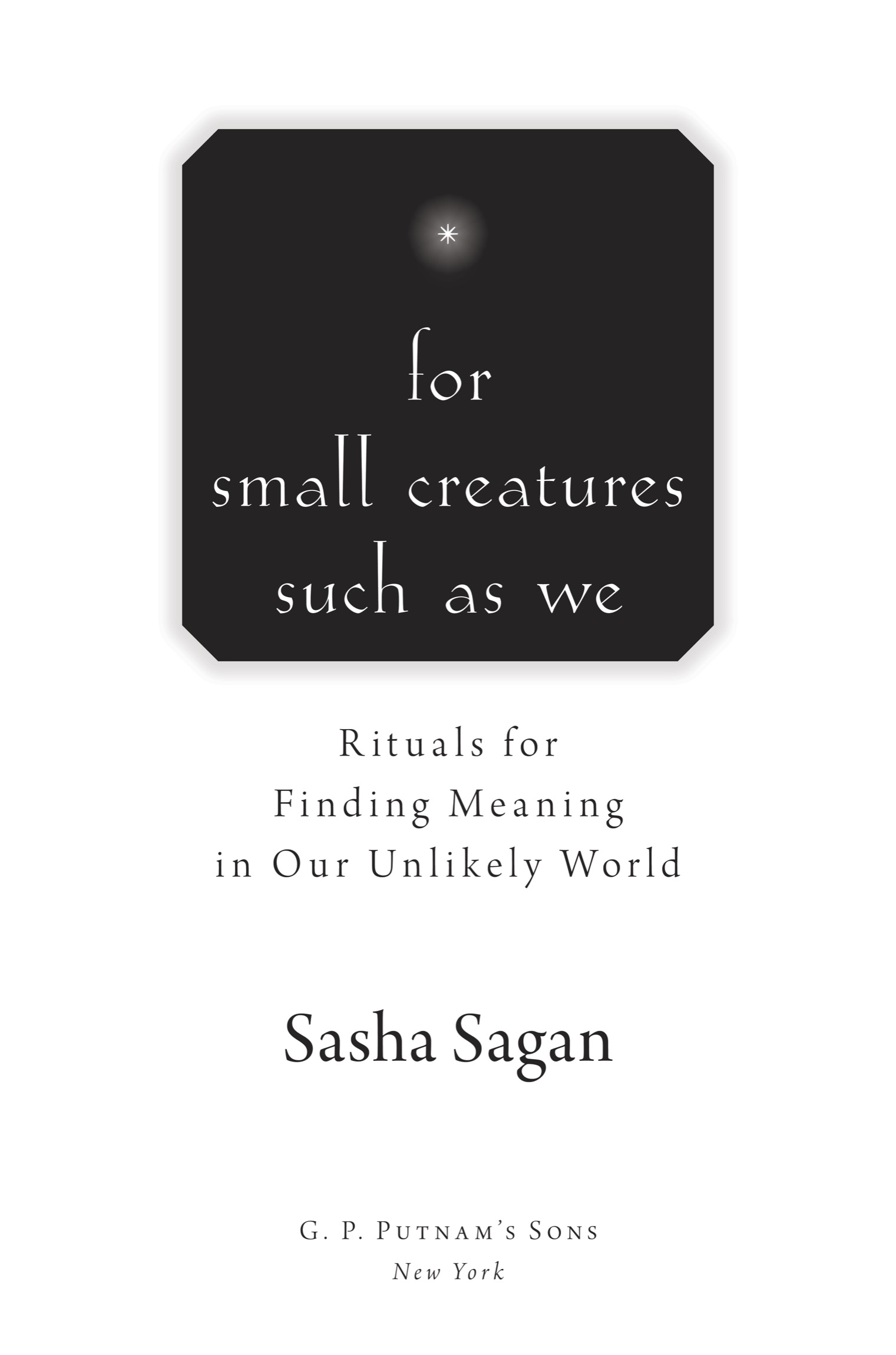
G. P. P UTNAM S S ONS
Publishers Since 1838
An imprint of Penguin Random House LLC
penguinrandomhouse.com
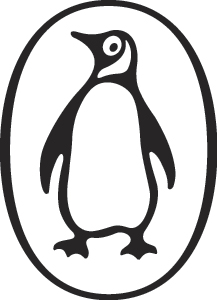
Copyright 2019 by The Great Unlikelihood LLC
Penguin supports copyright. Copyright fuels creativity, encourages diverse voices, promotes free speech, and creates a vibrant culture. Thank you for buying an authorized edition of this book and for complying with copyright laws by not reproducing, scanning, or distributing any part of it in any form without permission. You are supporting writers and allowing Penguin to continue to publish books for every reader.
Advice from The Collected Poems of Langston Hughes by Langston Hughes, edited by Arnold Rampersad with David Roessel, Associate Editor, copyright 1994 by the Estate of Langston Hughes. Used by permission of Alfred A. Knopf, an imprint of the Knopf Doubleday Publishing Group, a division of Penguin Random House LLC. All rights reserved.
Advice by Langston Hughes reprinted by permission of Harold Ober Associates. Copyright 1994 by the Langston Hughes Estate.
From That Does Perish, published by Penguin Random House in The Gift: Poems by Hafiz by Daniel Ladinsky, copyright 1999, and used with permission.
In this Plate of Food reprinted from Present Moment, Wonderful Moment (1990) by Thich Nhat Hanh, with permission of Parallax Press, Berkeley California, www.parallax.org.
Excerpt from Shijing, The Book of Songs translated by Arthur Waley, as published in Joseph R. Allens The Book of Songs: The Ancient Chinese Classic of Poetry, published by Grove Press in 1996.
L IBRARY OF C ONGRESS C ATALOGING - IN -P U BLICATION D ATA
Names: Sagan, Sasha (Alexandra Rachel Druyan), author.
Title: For small creatures such as we: rituals for finding meaning in our unlikely world / Sasha Sagan.
Description: New York : G. P. Putnams Sons, 2019
Identifiers: LCCN 2019021246 | ISBN 9780735218772 (hardcover) | ISBN 9780735218789 (epub)
Subjects: LCSH: Sagan, Sasha (Alexandra Rachel Druyan) | Sagan, Sasha (Alexandra Rachel Druyan)Family. | Rites and ceremoniesUnited States. | SpiritualityUnited States. | Children of celebritiesUnited StatesBiography.
Classification: LCC GN473.S155 2019 | DDC 390.0973dc23
LC record available at https://lccn.loc.gov/2019021246
Penguin is committed to publishing works of quality and integrity. In that spirit, we are proud to offer this book to our readers; however, the story, the experiences, and the words are the authors alone.
Version_1

For Helena Chaya, light of my life

Contents

Introduction
I am a deeply religious nonbeliever.... This is a somewhat new kind of religion.
A LBERT E INST EIN
A life without festivity is a long road without an inn.
D EMOCRITUS
When I was little and my dad was alive he would take me to see the dioramas at the American Museum of Natural History in Manhattan. This was a holy place for me, grand and full of answers to deep and ancient questions. It filled me with awe. But it also frightened me. I would hide behind my dads legs, nervously stealing peeks at the frozen animals.
That one just moved! I would squeal.
No, sweetie, its your imagination. They cant move, my dad would tell me.
How do you know?
Because theyre dead.
This was a foggy and vague concept at the time. Foggier even than it is now. I could see the bears and gazelles, but in some larger way they were not really there. I knew that my dad was deeply committed to accuracy. I knew he had more information on the topic than I did, so I could probably take him at his word; they were not moving. And yet my mind played tricks on me.
As we continued among the other exhibitsbright, sharp gems, early human and dinosaur skeletons, Neanderthal tools, gold Aztec figurines, Yoruba masquerade costumesall sacred artifacts in the temple of history and nature, this mystery of death followed me. And I wondered about it a lot: what it meant, what exactly it was, what I was supposed to do with the knowledge of its existence.
Its dangerous to believe things just because you want them to be true.
Thats what my dad told me, very tenderly, not much later. I had asked him why I had never met his parents. He told me it was because they were dead.
Will you ever see them again? I asked.
The animals in the dioramas were dead, but we could still see them.
He told me that hed like nothing better in the whole wide world than to see his parents again, but he had no evidence to prove he would. No matter how tempting a belief was, my father preferred to know what was true. Not true in his heart, not true to just him, not what rang true or felt true, but what was demonstrably, provably true. We humans have a tendency to fool ourselves, he said. I thought about the dioramas again. He was right. The animals hadnt been moving, though I could have sworn they were.
We discussed the history of the world a lot at home. My parents taught me that there has never been any correlation between how true something was and how fervently it was believed. Sure, some things are subjective. This may be the best sandwich you have ever had or that may be the most handsome man you have ever seen. Those are in the eye of the beholder. For those phenomena that exist outside of our perceptions, things like the way the Earth moves, the causes of illnesses, or the distance between stars, there were objective realities. Maybe undiscovered by anyone on our planet, but no less real.
People once believed with all their hearts that the sun went around the Earth. But believing didnt make it so. There are certainly things we believe right now that will someday be revealed to be hilariously or abhorrently ignorant. Our understanding changes with new information. Or at least it ought to.
So if a person is interested in testing their preconceptions, in discovering how things really are and why, how does one go about that? My parents taught me that the scientific method is designed for precisely this job. My father was a scientist. He was the astronomer and educator Carl Sagan. Science wasnt just his occupation, it was the source of his worldview, his philosophy, his guiding principles. He and my mom, writer and producer Ann Druyan, taught me that belief requires evidence. They taught me that science wasnt just a set of facts to be compared and contrasted with other philosophies but a way of testing ideas to see which ones stand up to scrutiny. They taught me that what scientists think today might be disproven tomorrow, and thats wonderful, because thats the pathway to a better, deeper understanding.

